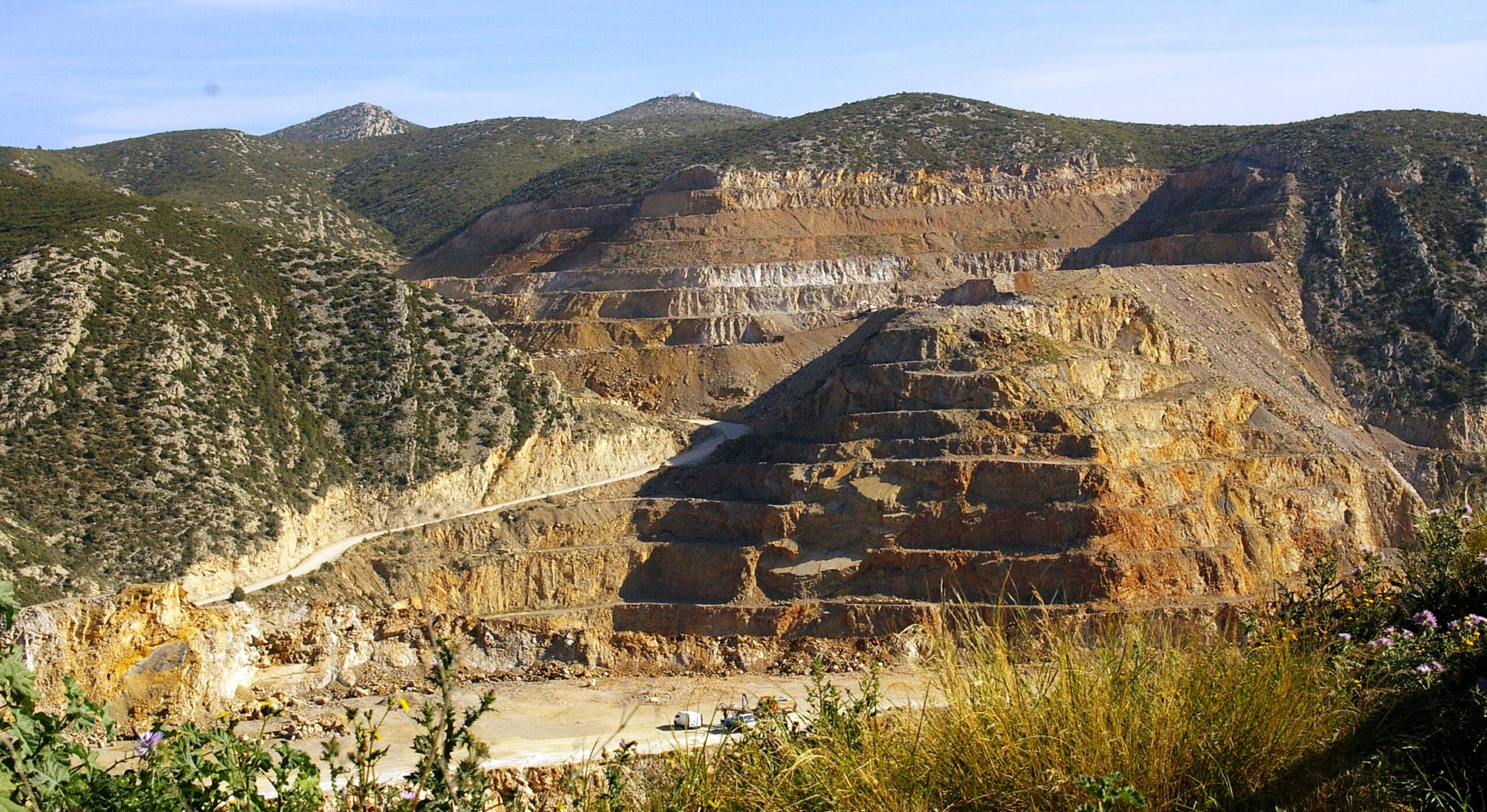The Board of Directors of Ciment Català, chaired by Salvador Fernández Capo, met on February 18 with Jordi Sargatal, Secretary for Ecological Transition of the Department of Territory, Housing and Ecological Transition of the Government of Catalonia, to define the basis for what will be the fourth edition of the Voluntary Agreement. This agreement between the Government of Catalonia and the cement industry aims to promote resource efficiency and the transition towards a circular economy in cement factories.
In view of its renewal, both parties expressed their agreement to promote policies and actions that would allow the objectives set for 2030 in the Sector Decarbonization Roadmap to be brought forward to 2029. This will involve a substantial increase in both energy recovery and material reuse of waste, among other measures.
Voluntary agreements are a progressive instrument based on collaboration between the environmental administration (the Government of Catalonia, in this case) and companies, in line with the European Union’s environmental policy. Within this framework, on March 1, 2002, both parties signed an initial collaboration agreement which, after being extended, was replaced by another agreement signed on December 15, 2011. The third Voluntary Agreement was signed on July 6, 2017, and extended until 2025. It sets out up to 48 specific actions for the prevention, reduction, and control of pollution.
During the working session, the extension of the concession for the exploitation of quarries located in the Garraf region was also discussed, to ensure the supply of raw materials for clinker production. Stone resources are the foundation—through cement, mortar, and concrete—of critical infrastructure for social well-being, such as water cycle systems (collection, treatment, transport, distribution, collection, sanitation), energy generation, sustainable mobility, public transport, efficient social housing, land protection, residential and non-residential construction (hospitals, services, industry…), and climate change adaptation, among others.
Finally, emphasis was also placed on the need for greater simplification and streamlining of administrative procedures related to environmental permits affecting cement manufacturing companies.

